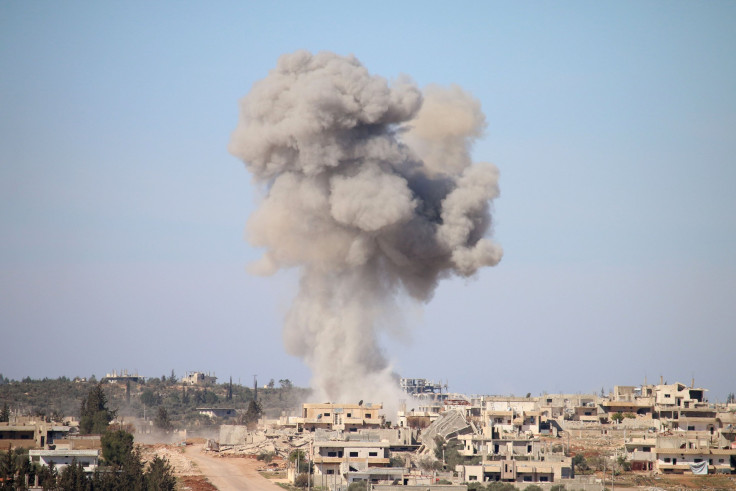ISIS Commander Still Alive, Badly Wounded: Syria Observatory

The Syrian Observatory for Human Rights said on Thursday that Islamic State's military commander was badly wounded but still alive, appearing to contradict U.S. officials who said he was likely killed in a U.S. air strike.
U.S. officials said on Tuesday that Abu Omar al-Shishani, also known as Omar the Chechen and described by the Pentagon as the group's "minister of war", was targeted near the town of al-Shadadi in Syria.
Observatory director Rami Abdulrahman said he had been badly wounded but not killed and had been moved to Islamic State's base of operations in Raqqa for treatment.
"He did not die," Abdulrahman said.
The Syrian Observatory for Human Rights says it gathers its information from all sides in the conflict. Reuters had no way to independently verify the report.
Born in 1986 in Georgia, which was then still part of the Soviet Union, the red-bearded Shishani had a reputation as a close military adviser to Islamic State leader Abu Bakr al-Baghdadi, who was said by followers to have relied heavily on Shishani.
The strike itself involved multiple waves of manned and unmanned aircraft, targeting Shishani near al-Shadadi in Syria, a U.S. official said.
The Pentagon believes Shishani was sent there to bolster Islamic State troops after they suffered a series of setbacks at the hands of U.S.-allied Arab and Kurdish forces on the ground.
An official in the Syrian Kurdish YPG militia, which has been fighting Islamic State in the al-Shadadi area, said on Tuesday it had received information that Shishani was killed but had no details and had been unable to confirm the death.
The official declined to be identified because of the sensitivity of the matter.
© Copyright Thomson Reuters 2024. All rights reserved.







